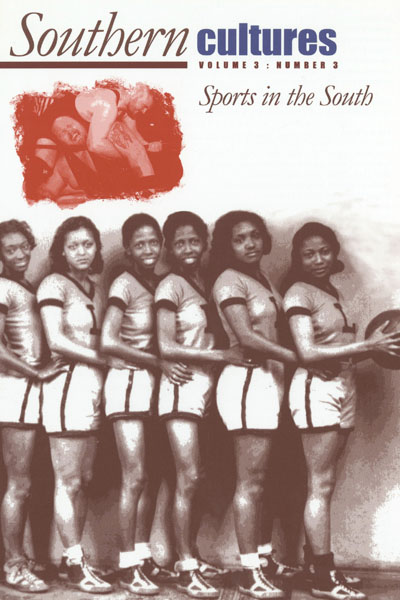The southern poet and critic Donald Davidson asserted that the South of the 1920s “disproved the axiom that two bodies cannot occupy the same space.” An emerging urban society built upon the secular gospel of progress and innovation coexisted uneasily with an agrarian society wedded to a more traditional value system. The fondest dreams of an earlier generation of New South boosters reached at least partial fruition during that decade. Rapid economic growth over the previous half century had extended industrial capitalism, mass culture, and the ethos of consumerism into a region still largely rooted in the mores of a rural folk culture and conservative evangelical Protestantism. While the southern commitment to sectional reconciliation on northern terms was irrevocable, the terms of this phase of the long surrender were hard for all but the most ardent of southern modernizers to swallow. The South of the 1920s was moving inexorably closer to the American cultural and economic mainstream, but the rise of religious fundamentalism, the revival of the Ku Klux Klan, and the increasing intensity of sectional hostility revealed the profound misgivings with which white southerners beheld the emerging order.
This article appears as an abstract above, the complete article can be accessed in Project Muse


